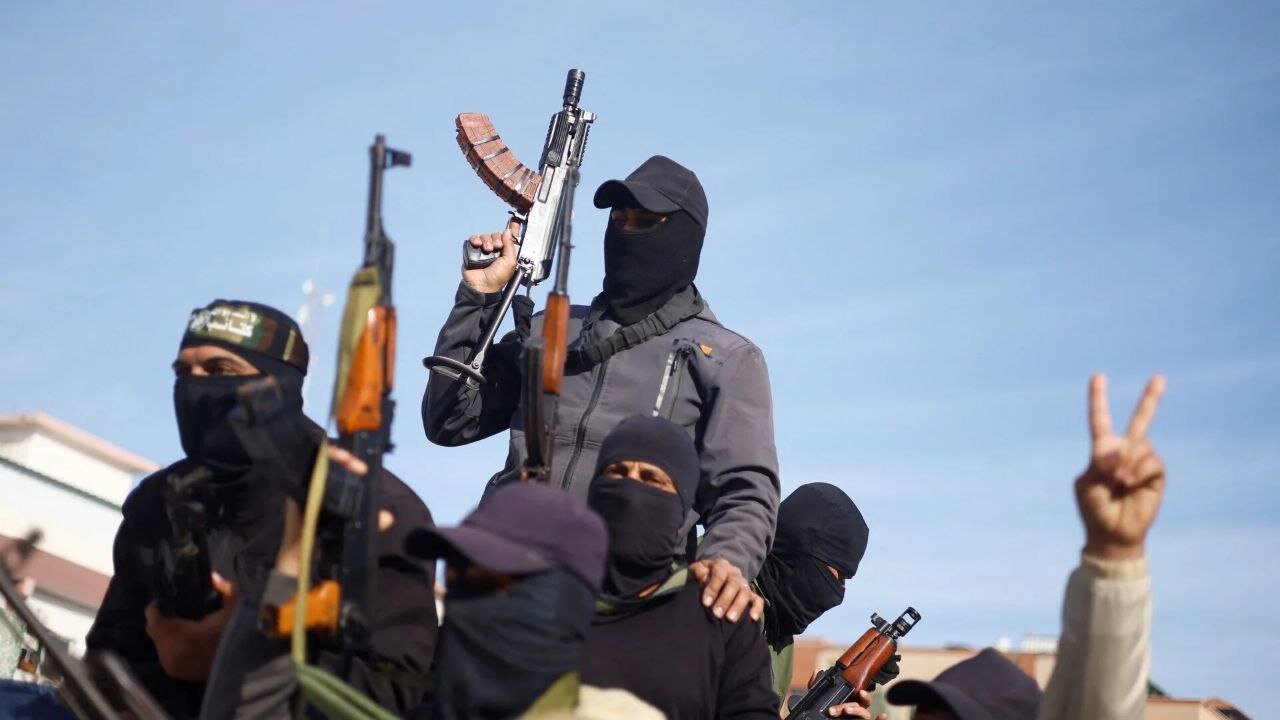
Similar Posts
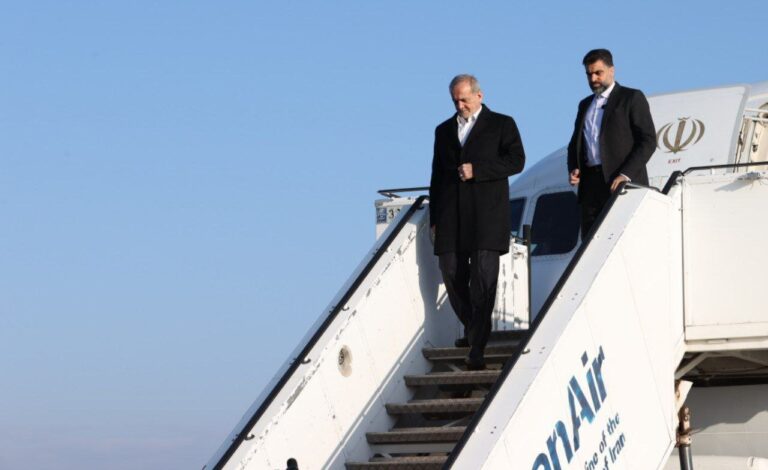
Iran’s President Set to Strengthen Ties with Upcoming Azerbaijan Visit
Iranian President Masoud Pezeshkian is scheduled to visit Azerbaijan, aiming to strengthen diplomatic ties and foster cooperation. Key areas of focus include enhancing economic relations, promoting cultural exchange, addressing regional security concerns, and exploring collaborative energy projects. The visit signifies a continuation of recent efforts to improve relations, with high-level meetings expected to discuss trade agreements, joint ventures, and infrastructure development. By deepening their partnership, both nations hope to create greater stability in the region and leverage shared cultural and historical ties. This visit represents a crucial step towards mutual growth and collaboration in an evolving geopolitical landscape.
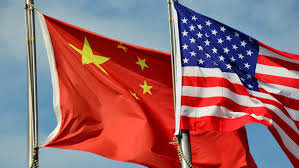
China Strikes Back: How Trump’s Tariffs Sparked a Trade Battle
In response to U.S. tariffs, China announced new economic measures targeting the U.S., including a 15% tax on certain coal and liquefied natural gas and a 10% tariff on crude oil, agricultural machinery, and large cars. These duties, effective February 10, aim to mitigate the impact of U.S. trade policies. Additionally, China imposed export controls on tungsten and tellurium and added U.S. firms Illumina and PVH Group to its unreliable entities list for alleged market violations. The ongoing trade war signifies escalating tensions, with significant implications for both economies and global markets.
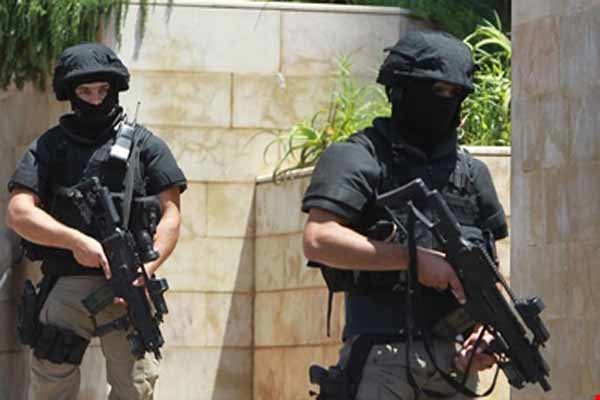
Intense Border Clash: Lebanese Army Engages Terrorists Near Syria Frontier
Clashes along the Lebanon-Syria border have intensified, with the Lebanese army recently engaging armed individuals from Syria during a patrol in the Qasr-Hermel area. The confrontation resulted in one Lebanese military member being injured. These skirmishes reflect ongoing security issues stemming from instability in Syria since the fall of Bashar al-Assad’s regime. The Lebanese army has increased patrols, collaborated with international forces, and engaged local communities to combat terrorist threats. As tensions continue, maintaining security and sovereignty remains a priority for Lebanon, emphasizing the need for coordinated efforts to restore peace in the region.
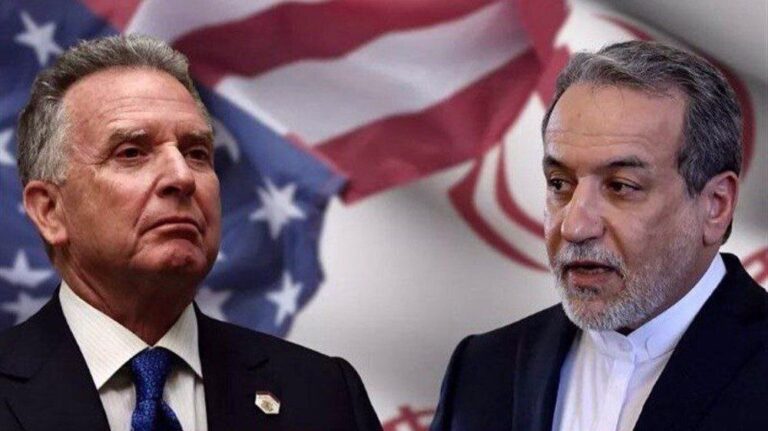
Tehran Triumphs: Iran-US Nuclear Talks Yield Positive Results in First Round
Indirect nuclear talks between Tehran and Washington commenced in Oman, mediated by the Omani foreign minister. This significant diplomatic engagement marks a potential shift in negotiations over Iran’s nuclear program. While discussions focused solely on nuclear issues, critics noted the absence of Iran’s missile program in talks, reflecting a U.S. shift from its previous hardline stance. Oman’s unique position may aid further dialogue, while reactions from international stakeholders and domestic politics in both nations will influence the negotiations’ trajectory. As Iran advances its nuclear capabilities, these talks could have crucial implications for regional and global security.
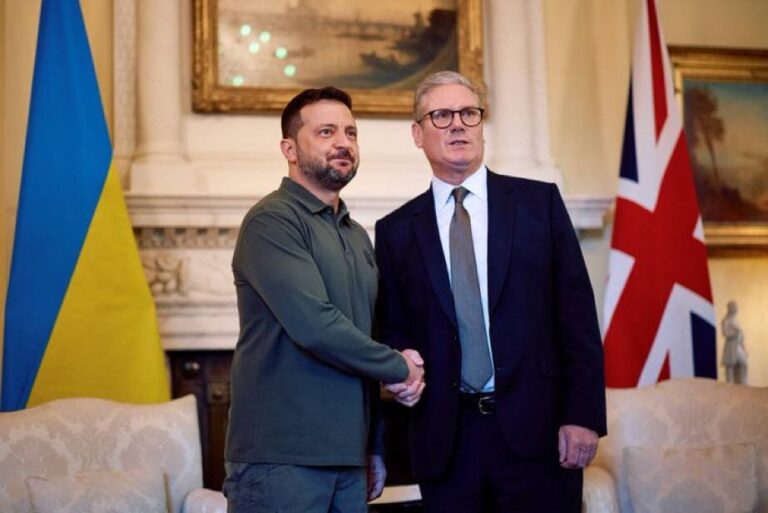
UK Unleashes $2.8 Billion Loan for Ukraine, Funded by Seized Russian Assets!
The recent loan agreement between the UK and Ukraine marks a significant step in supporting Ukraine’s defense capabilities. This loan, part of the G7’s Extraordinary Revenue Acceleration initiative, highlights Western nations’ commitment to Ukraine amid ongoing challenges. President Zelensky’s visit to London emphasizes this partnership. The funds will be used to purchase essential defense equipment, enhancing Ukraine’s military capabilities. In October 2024, G7 countries pledged nearly $50 billion to support Ukraine, showcasing a unified stance against aggression. This financial support strengthens Ukraine’s sovereignty and promotes regional stability, demonstrating the importance of international solidarity in times of crisis.
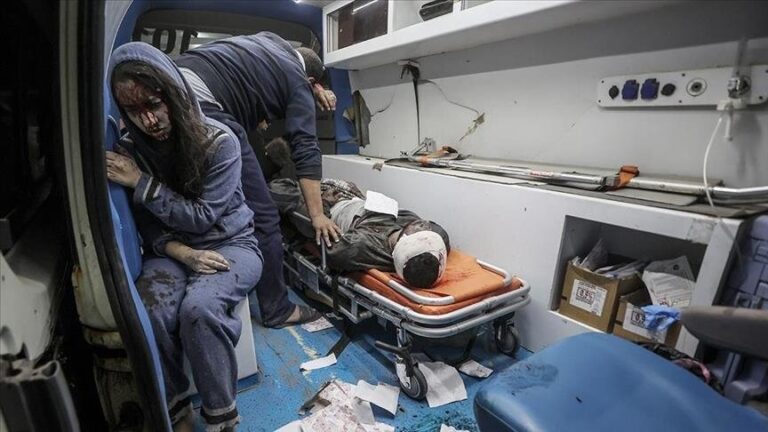
Tragic Toll: Israeli Regime Claims Lives of 200 Children in Gaza in Just Three Days
The Gaza Strip is facing a severe humanitarian crisis due to escalating conflict, with the Gaza Health Department reporting 506 deaths and 909 injuries since hostilities began last Tuesday. The intensified ground offensive has overwhelmed hospitals, depleting medical supplies and severely damaging infrastructure. Humanitarian organizations are urging an immediate ceasefire and increased access to aid, emphasizing the need for international intervention to address the crisis. The prolonged conflict threatens the well-being of civilians and the societal fabric of Gaza. There is a critical need for dialogue and action to ensure the safety and dignity of affected populations.